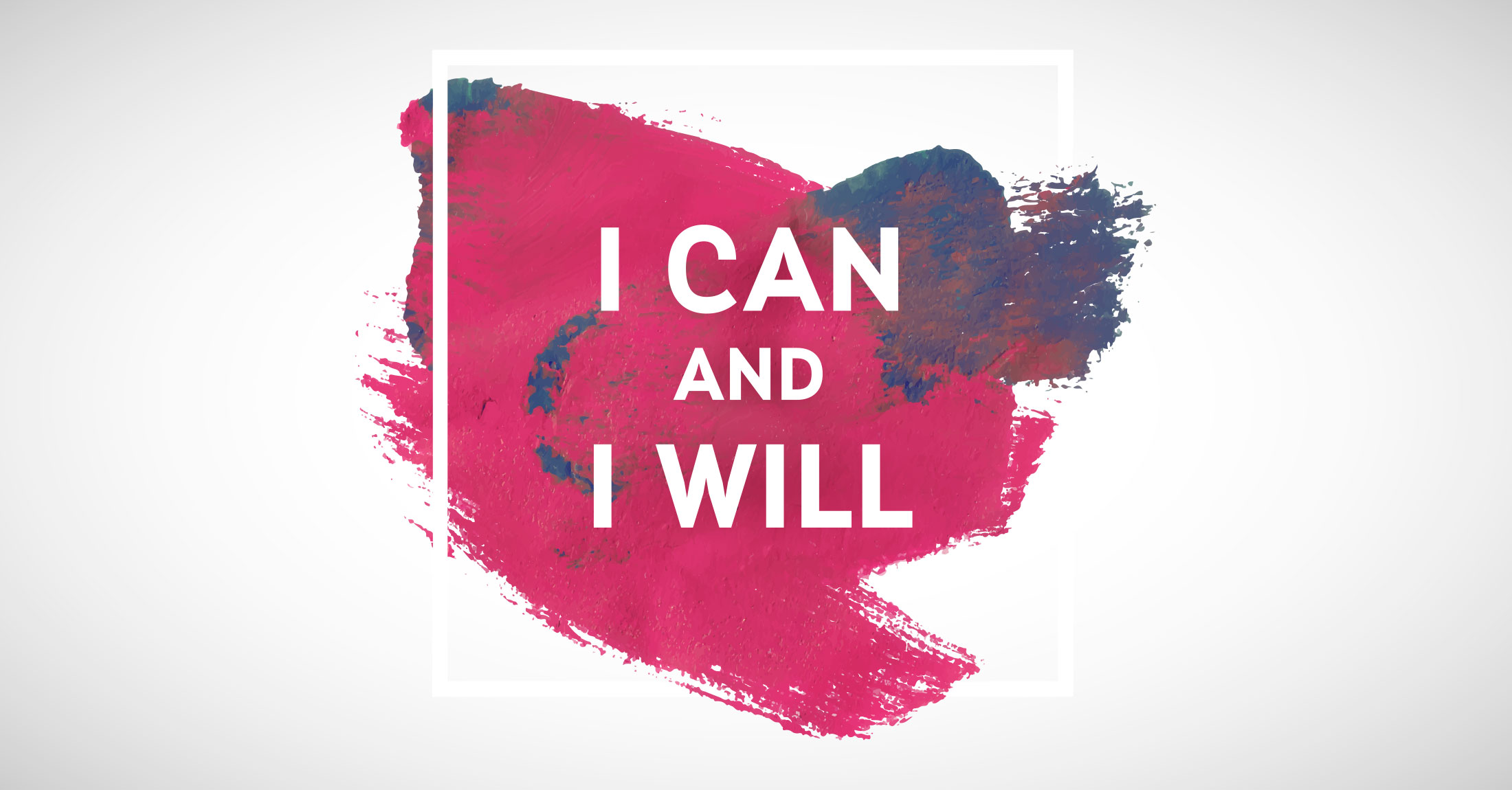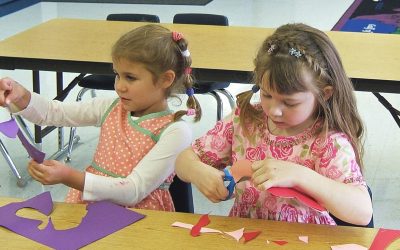For many kids, boredom, and a state of quiet and stillness can seem discouraging rather than opportune. Moreover, if people feel uncertain how to proceed with something, they can disengage and lose incentive. Plus, why bother doing something unless it seems worthwhile?
In such situations—or others that may be stifling, overwhelming, or confusing, or may otherwise compromise motivation—what might empower kids to have interesting, stimulating, and pleasurable experiences?
TAKING ACTION: FIVE STRATEGIES
Here are action-oriented questions and thought probes for kids who may need help fueling their engine of productivity or sparking the imagination. Parents, please share the list of strategies below with them. Invite their responses, welcome their ideas, chat about opportunities, and encourage them to reflect and act upon each of the five points. (Thanks!)
1. WHAT’S IMPORTANT NOW?
What kind of activity will make you feel happy, or proud, or enable you to investigate or learn something different, or benefit others at home or in your community? Focus on what matters to you. Be open-minded, and ponder and then act upon possibilities!
2. WHAT’S THE PLAN?
Once you have a sense of what you want to achieve, figure out how to get things done, step by step. Determine a path going forward. Build upon what you already know. Commit to a “full steam ahead” outlook from beginning to end. Envision success—and have faith in yourself.
3. PREPARE.
What resources might be useful? For example, sports equipment, art supplies, how-to guides, or contact information for people or places? Purpose and preparation go hand-in-hand. Eliminate distractions. Get organized, and get ready.
4. CARVE OUT TIME TO RELAX.
Focus, persevere, and do your best! However, take a two-tiered approach—1) effort, and 2) breaks. Intervals of downtime can enable you to think clearly, feel energized, and be more creative. Rest, play, exercise, reading, and recreation matter, too.
5. WHAT ABOUT HELP?
You can benefit from assistance, encouragement, and support, especially if things become difficult. Avail yourself of the possibilities. Connect with others you trust. Ask questions, listen to recommendations, and join forces to surmount challenges, problem-solve, and forge ahead.
LAST WORDS: FOR KIDS
Think through those five suggestions carefully. Be flexible, and adapt as you proceed and work your way through tasks or activities. Pace yourself. Take pride in your progress. And, find the joy! These tips can lead to happy productivity, learning, and creative endeavors—and empower you to be more proactive throughout the year!
AUTHOR’S NOTE:
I invite you to have a look at my nonfiction books written especially for kids—one on procrastination, and one on becoming more creative. Each has hundreds of motivating ideas! The titles and links are below.








